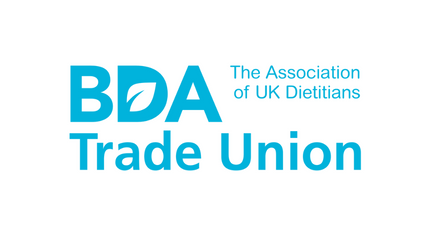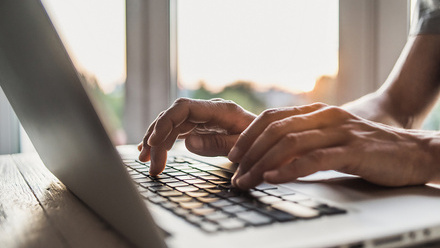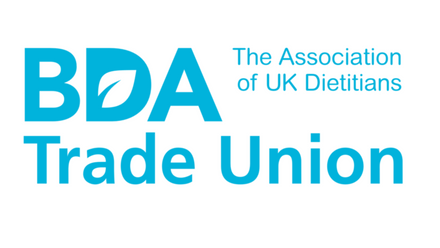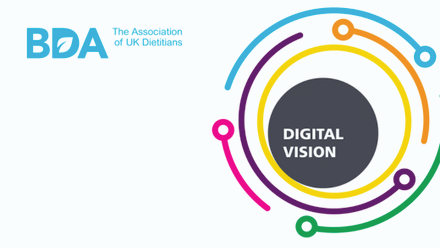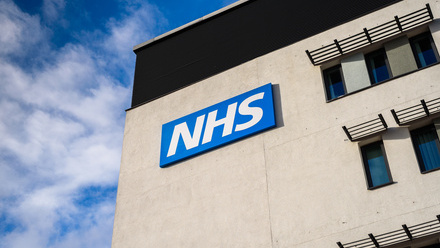Aaron Boysen is the first Dietitian to have been awarded a NHS Topol Digital Health Fellowship and has recently started his journey through the programme. He will be sharing regular updates with us as he progresses.
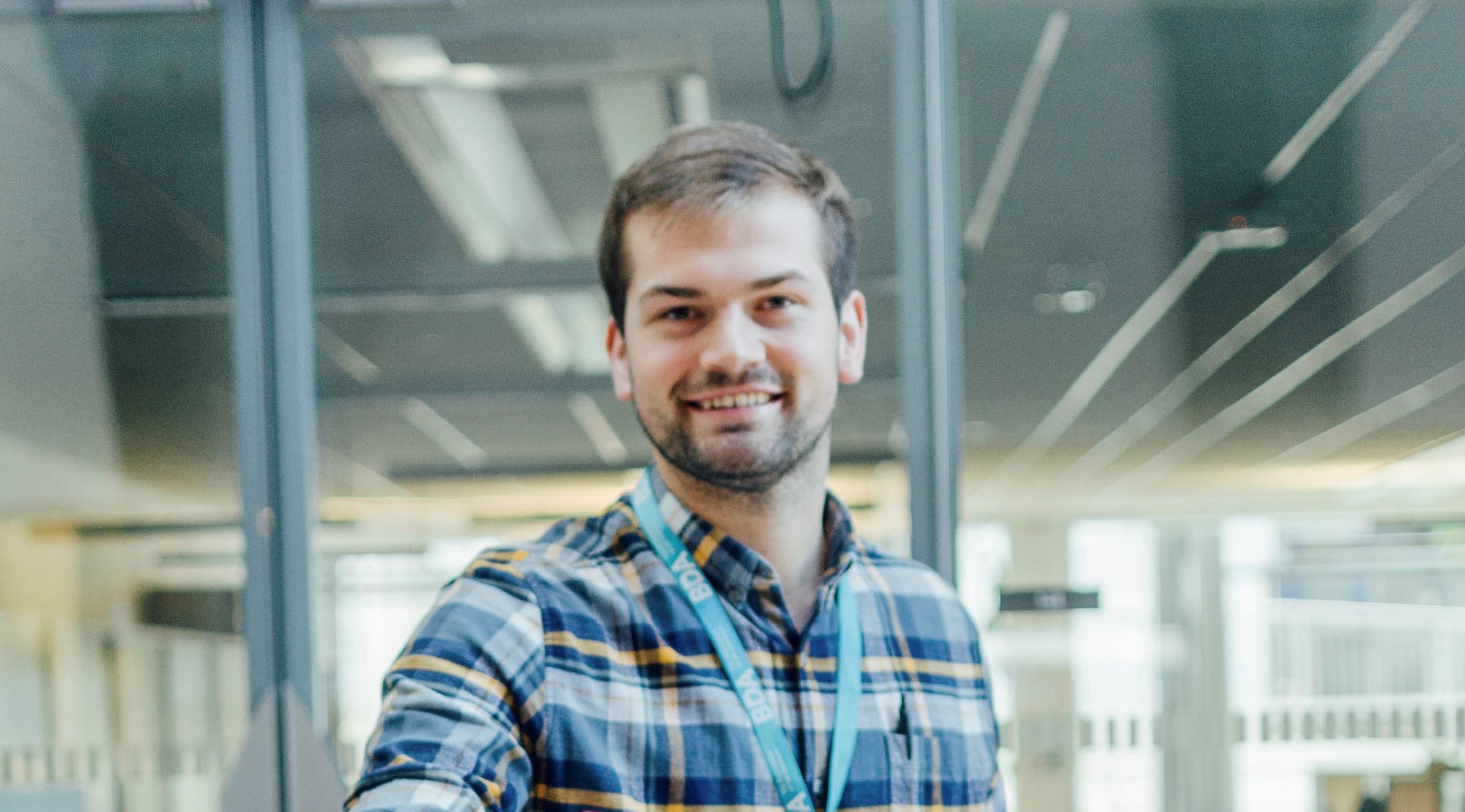
In the summer of 2021, I was discussing my interest in technology and how we might be able to use it in the NHS to improve care with Rachael Brandreth (who has provided me mentorship previously) and she suggested I look into the NHS Topol Digital Health Fellowship. After I looked at some of the information I was intrigued and wanted to be a part of it, but no dietitians appeared to have been on the Fellowship before, so I was unsure if I would get a place. However, I applied and was awarded a place on the Fellowship in Cohort 3.
How did the programme originate?
In 2019 then-Secretary of State for Health, Jeremy Hunt read a book entitled The Patient Will See You Now. He was so impressed by some of the topics discussed around the use of digital health in the future of healthcare that he asked Dr Eric Topol to bring together experts to explore the impact of digital technologies on the NHS. So ‘The Topol Review: Preparing the healthcare workforce to deliver the digital future’ was created. Some of the main features of that review were:
- Firstly, patients should be used as partners in the creation and implementation of digital health tools
- The NHS workforce (including dietitians) would need expertise and guidance on how to use and implement some of these digital tools
- Using digital technology would give clinicians more time to spend on patient care
What is the Topol Digital Health Fellowship?
The Topol Programme for Digital Fellowships was a response by Health Education England to that review and it provides health professionals with time, support and training to lead digital health transformations and innovations in their organisations. As part of the Fellowship your organisation receives £15,000. This can be used for backfilling and support with your project, and your organisation is required to give you a minimum of one day or up to a recommended two days of protected time per week for you to work on your project.
Alongside the project the Fellowship will have three components:
- A series of teaching sessions with TPXimpact and University of Manchester, covering the theoretical and practical aspects of Digital Health through a combination of academic teaching and industry speakers. The learning sessions are covering topics such as agile working, socio-technical barriers, and machine learning, to name a few
- The development of a project within your own NHS organisation to solve a problem that you propose in your application. This could take the form of a large-scale innovation project or even something smaller that has real impact on patients
- Throughout the programme you are also provided support and mentorship from the team at TPXimpact, University of Manchester and Health Education England.
Who else is on the Fellowship?
In my cohort, there is a variety of different clinicians that have received a place on the Fellowship including doctors, nurses, midwives, pharmacists, physiotherapists, and clinical scientists. My project is to work within the Coeliac service and help to improve the remote support that the patients receive between consultations.
I am really excited about the opportunities that this fellowship provides! I can't wait for what this year will entail. I hope to keep you all informed on the journey. This is a learning experience for myself too, but I hope to take you on the journey with me. Please feel free to ask me any questions or follow me on Twitter.


